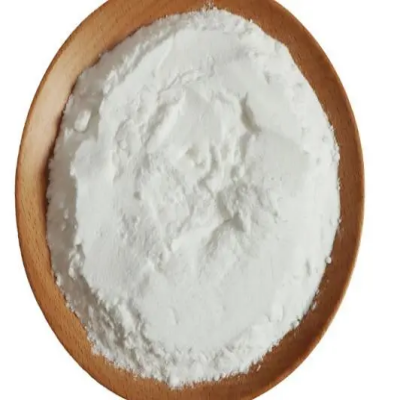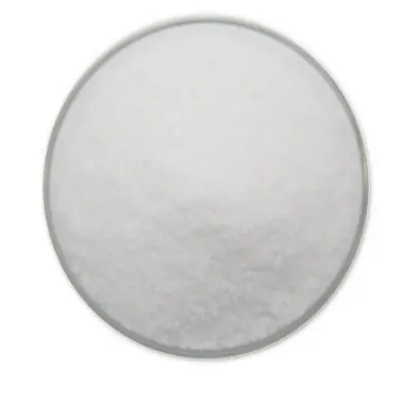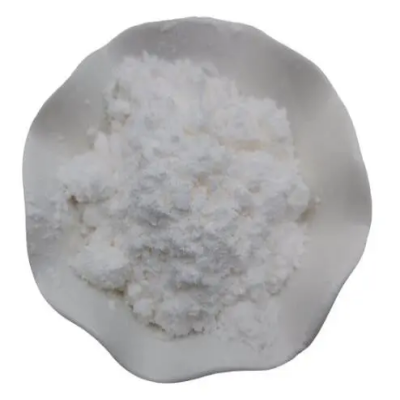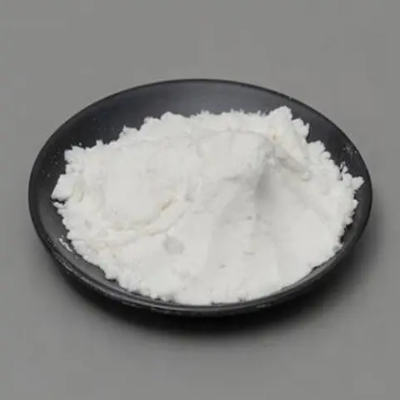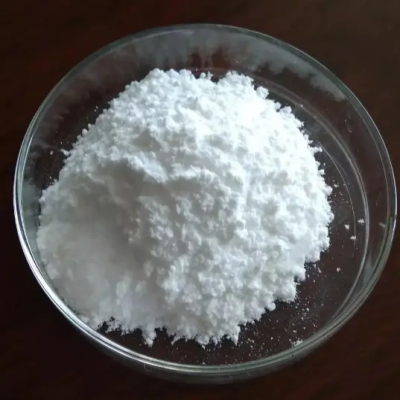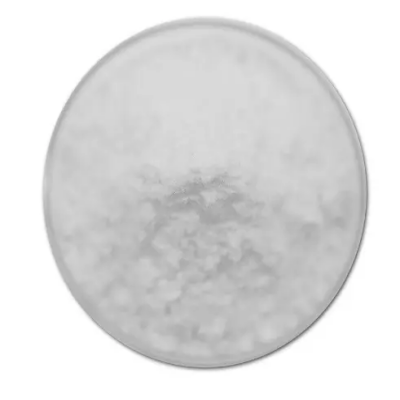Furazolidone CAS:67-45-8
Furazolidone is typically administered orally in the form of tablets or suspension for the treatment of gastrointestinal infections, such as traveler's diarrhea, gastroenteritis, and Helicobacter pylori bacterial overgrowth. The dosage and duration of furazolidone treatment depend on the type and severity of the infection, as well as the patient's age and medical history. It is important to follow the prescribed dosing regimen and complete the full course of furazolidone as directed by a healthcare provider to ensure effective eradication of the infection and reduce the risk of antibiotic resistance. Patients should avoid alcohol consumption while taking furazolidone, as it may lead to adverse reactions. Monitoring for potential side effects, such as gastrointestinal disturbances, allergic reactions, and neurological symptoms, is essential during furazolidone therapy. If any severe adverse effects occur, patients should seek medical attention promptly. Proper storage of furazolidone in a cool, dry place away from moisture and direct sunlight is necessary to maintain its stability and efficacy. Adhering to proper hygiene practices and infection control measures can help prevent the spread of resistant bacteria and promote successful treatment outcomes with furazolidone. Consulting with a healthcare professional for guidance on furazolidone use is recommended to optimize therapeutic results and minimize the risk of complications.



| Composition | C8H7N3O5 |
| Assay | 99% |
| Appearance | white powder |
| CAS No. | 67-45-8 |
| Packing | Small and bulk |
| Shelf Life | 2 years |
| Storage | Store in cool and dry area |
| Certification | ISO. |


